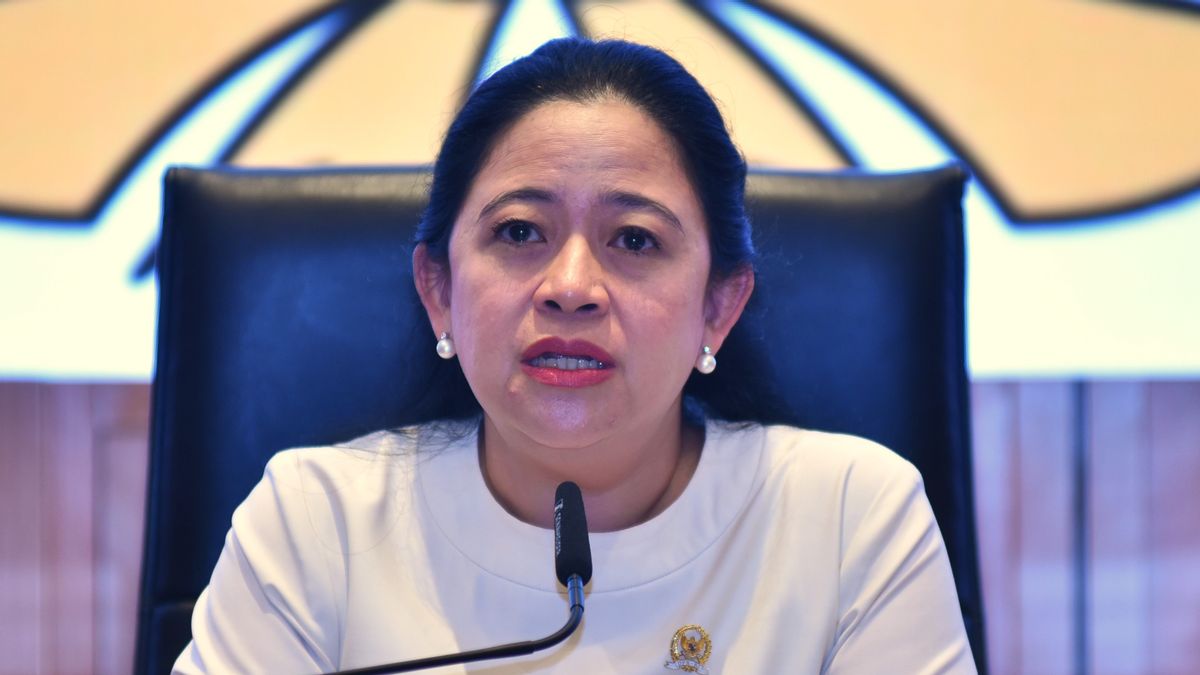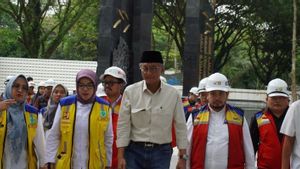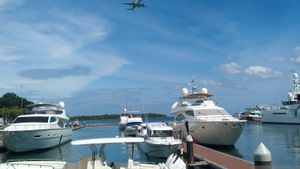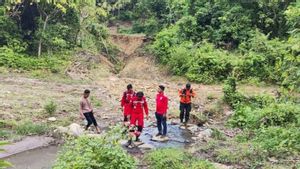JAKARTA - Chairman of the Indonesian House of Representatives, Puan Maharani, highlighted the problem of the water crisis that is still hitting a number of areas in the middle of this transitional season. He asked the Government to take concrete steps in resolving the disaster because it has made it difficult for people's daily lives.
"A very limited access to clean water has had a direct impact on public health. This can pose a high risk of disease spread, and have an impact on the welfare of people's lives," said Puan Maharani, Friday, November 1.
A number of areas are currently experiencing water crises such as in East Lombok and Central Lombok. The water crisis in Lombok has occurred in the past few months.
People are only able to depend on clean water rocks from the government of about 15 liters per day which they think is not enough for their daily needs. As a result, they survive by distilling the water.
Puan asked the Government to pay more serious attention in handling this clean water crisis.
"Only limited clean water assistance is not enough, but how to ensure an increase in infrastructure so that it becomes a long-term solution. Moreover, this has been going on for a long time," he said.
The former Coordinating Minister for Human Development and Culture also reminded the impact that can be caused by a water crisis for residents. Puan detailed that ranging from health problems such as skin infections, digestive disorders, diseases caused by lack of hygiene, to social problems due to lack of clean water.
"If there is no breakthrough to solve the problem of clean water, health and people's welfare are at stake," said the first woman to serve as Chair of the DPR RI.
Puan hopes that the Government will immediately design a more adequate and effective program to address the clean water crisis. That way, people can carry out their daily activities properly and healthily.
"Because the water crisis not only affects health, but also threatens people's social and economic welfare," explained Puan.
Puan assessed that the problem of clean water and the feasibility of sanitation for residents must receive a portion of more attention from the Government.
"In the long term, the inability to meet water needs will exacerbate poverty and reduce the level of community welfare," he said.
Puan said clean water is an important factor in various aspects of community productivity, including in the agricultural sector which is the economic foundation, such as in the Lombok area. For example, to plant tobacco, residents even have to use ice cubes as an alternative because there is not enough water to irrigate their plants.
"With this water crisis, it not only burdens the community financially but also shows that their economic resilience is disrupted," said Puan.
In addition to increasing the capacity of clean water distribution and considering a long-term approach to providing clean water access infrastructure in drought-prone areas, Puan emphasized the importance of collaboration or collaboration between the Government and various stakeholders including community organizations to increase the availability of clean water.
"We must use a new approach in evaluating the importance of clean water with the aim of making access to clean water a fundamental right that is protected and fulfilled for all Indonesian people," he explained.
"Through concrete steps and joint commitments of all elements of the nation, the state must be able to ensure that there are no more people who must face a health and welfare crisis due to lack of clean water," continued Puan.
The English, Chinese, Japanese, Arabic, and French versions are automatically generated by the AI. So there may still be inaccuracies in translating, please always see Indonesian as our main language. (system supported by DigitalSiber.id)













